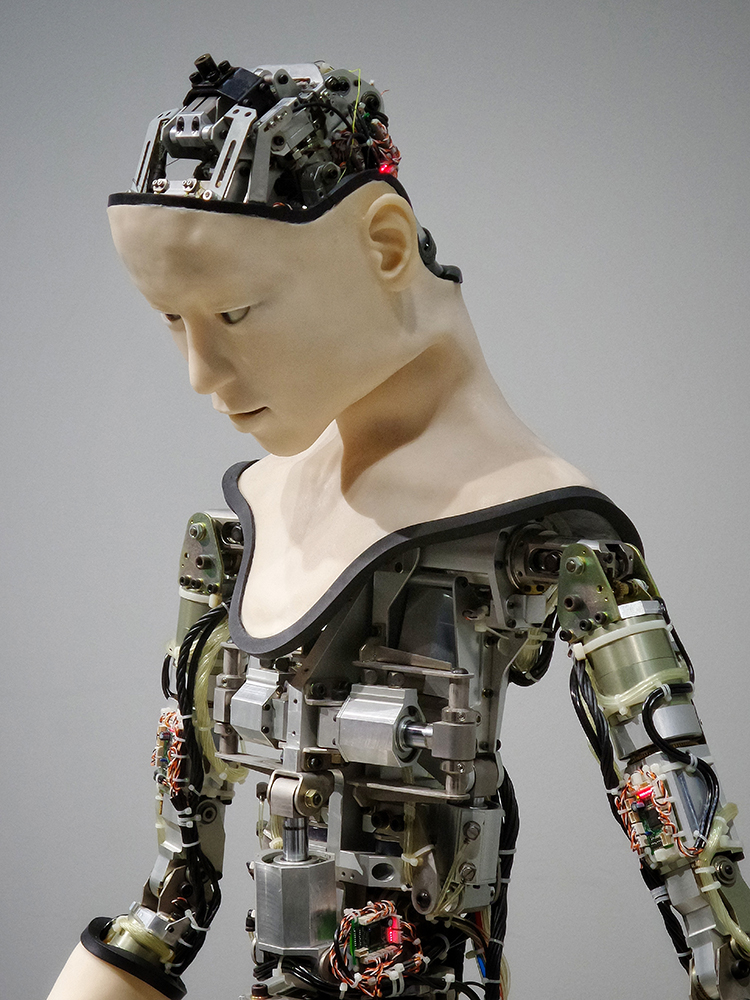The Victorian government ruled out following in the footsteps of other states which have begun easing some restrictions.
Health Minister Jenny Mikakos has rejected any notion of isolation measures being lifted sooner in rural and regional Victoria, where there have been fewer coronavirus cases compared with metropolitan Melbourne and Geelong.
“There might be some changes to clarify the public health directions from a legal point of view, but it won’t be significant,” Professor Sutton said on Sunday.
“I’m not ruling out anything because I don’t know what transmission will look like this week or next week, but I think the state of emergency going to May 11 is a nice line-up with the national cabinet process for a real look at changing the restrictions.”
Professor Sutton brushed off criticism about Victoria’s much more hardline stance on physical distancing and social isolation measures, saying states had always done things differently based on their local circumstances.
“I called out a pandemic being likely, if not inevitable, before any other jurisdiction; the Chief Health Officer alert was the first in Australia to flag to medical practitioners that we may get cases; we picked up the first case in Victoria; and we have waited for test results on cruise ships before we’ve allowed passengers off,” he said.
“In many cases, it’s served us very well in Victoria, to put us into the position we’re in right now.”
Although the curve appears to be continuing to flatten in Victoria, the state government is ploughing ahead with its $1.9 billion fund to build more intensive care capacity, secure medical equipment and boost the state’s stockpile of personal protective equipment (PPE) to deal with a surge in coronavirus cases.
Victoria will receive 16 million surgical masks, 2 million N95 masks, 5 million gowns, more than 2 million face shields and eye protection and millions of pairs of gloves over the next fortnight.
“It’s really important we aren’t relying on international supply chains in responding to this pandemic and into the future,” Ms Mikakos said.
“I hope one lasting legacy that will come out of this pandemic is not just improved supply chain and distribution networks for our health networks in Victoria but also local manufacturers in Victoria, making, producing, supplying vital health equipment responding to needs going forward.”
Ms Mikakos said she had no qualms about downloading, or encouraging Victorians to download, the federal government’s coronavirus tracing app, but the state would not be compelling people to do so in order to wind back restrictions.
“We’re not making it a precondition that we get a certain number of Victorians participating using this app as a precursor before we would consider the easing of any restrictions in Victoria,” she said.
Australia’s coronavirus death toll has risen to 80. Almost 6700 cases have now been recorded nationwide, a relatively modest increase on the 6565 a week ago. At the peak of the crisis at the end of March, cases were rising by over 200 a day.
Several Qantas repatriation flights are due to arrive in Melbourne on Sunday, and the Department of Health is not aware of any passengers testing positive to coronavirus.
Eleven passengers from Hong Kong, 65 passengers from Doha, 18 passengers from Auckland and 178 passengers from Buenos Aires are due to touch down on Sunday night.
“Passengers will all be medically assessed on arrival and will be required to spend 14 days in mandatory quarantine in city hotels, and there are strict protocols in place to keep passengers and the wider community safe,” Ms Mikakos said.
More than 6000 travellers have been placed in quarantine since those strict measures were introduced on March 29, with 47 of those people testing positive to coronavirus.
Sign up to our Coronavirus Update newsletter
Get our Coronavirus Update newsletter for the day’s crucial developments at a glance, the numbers you need to know and what our readers are saying. Sign up to The Sydney Morning Herald’s newsletter here and The Age’shere.

